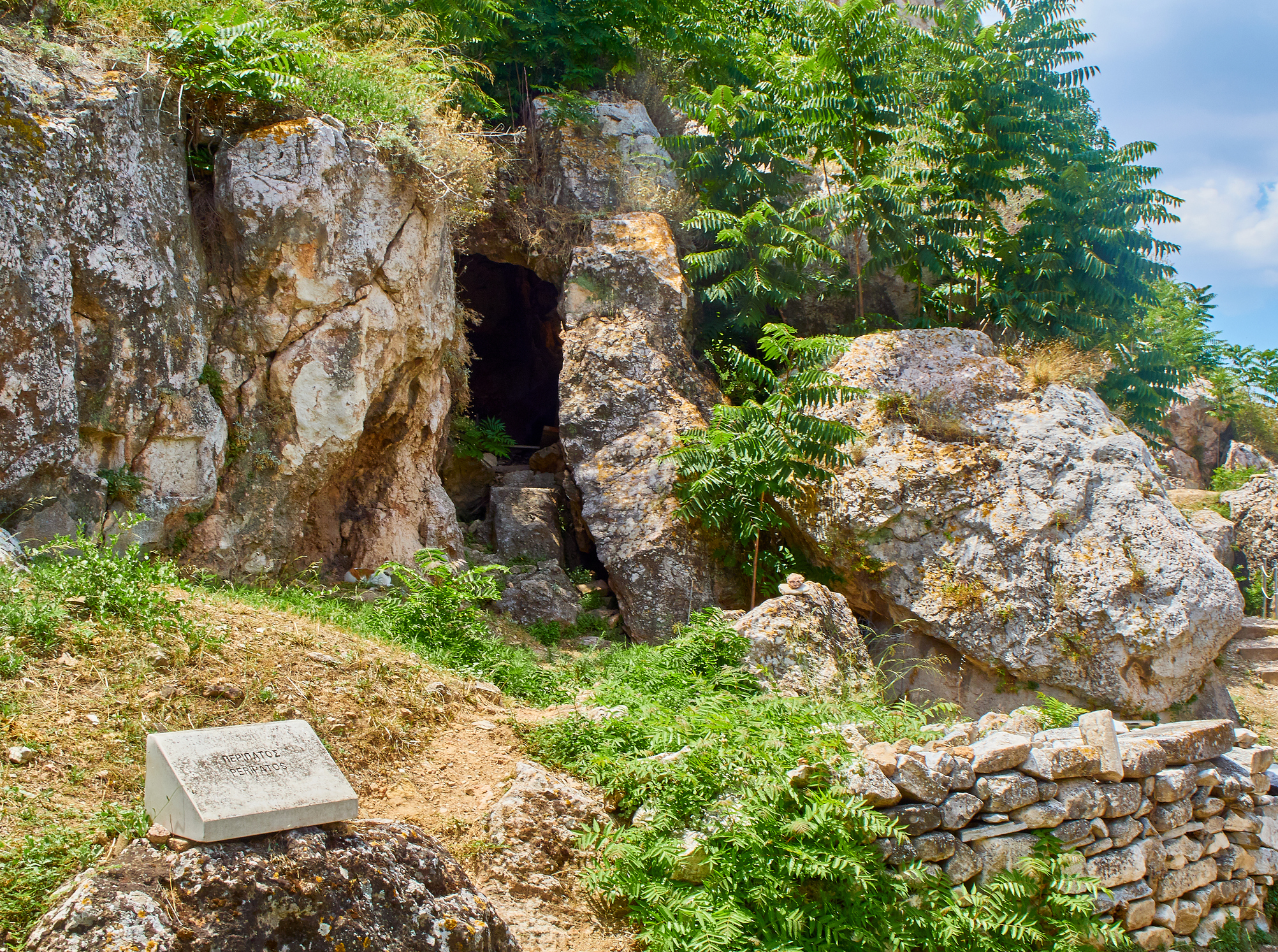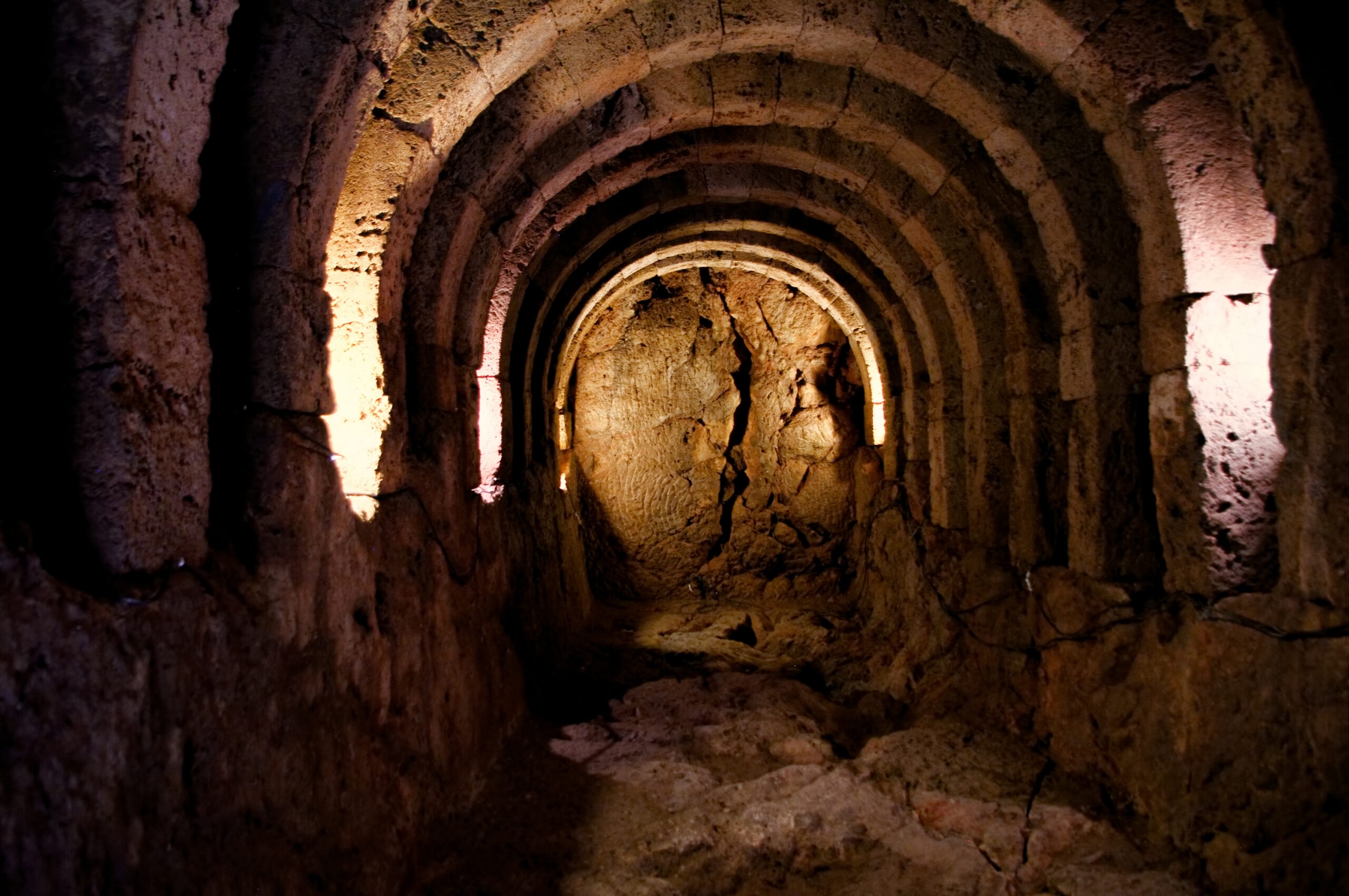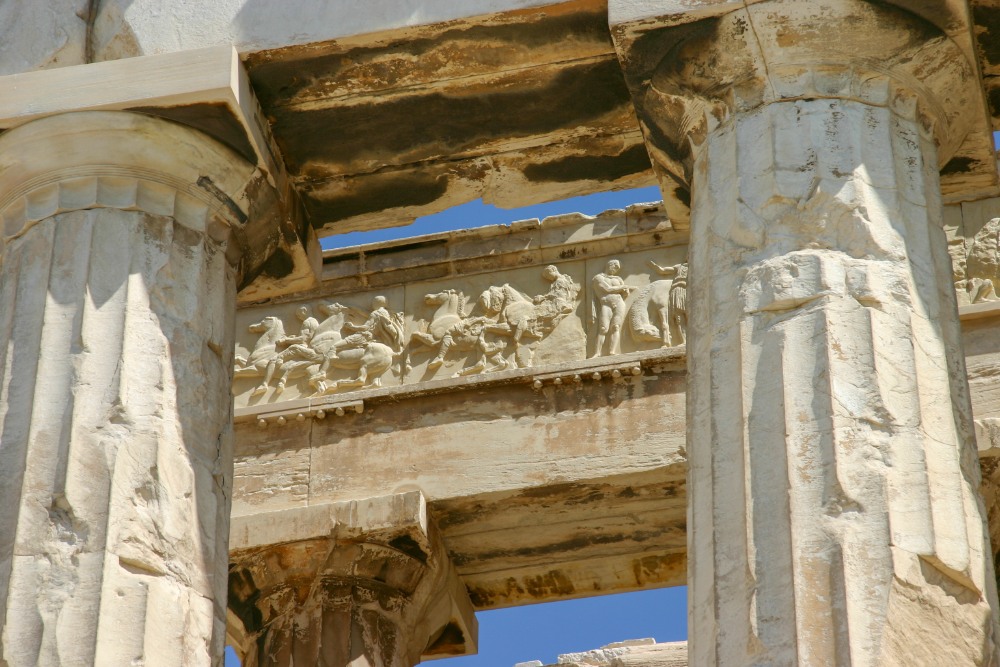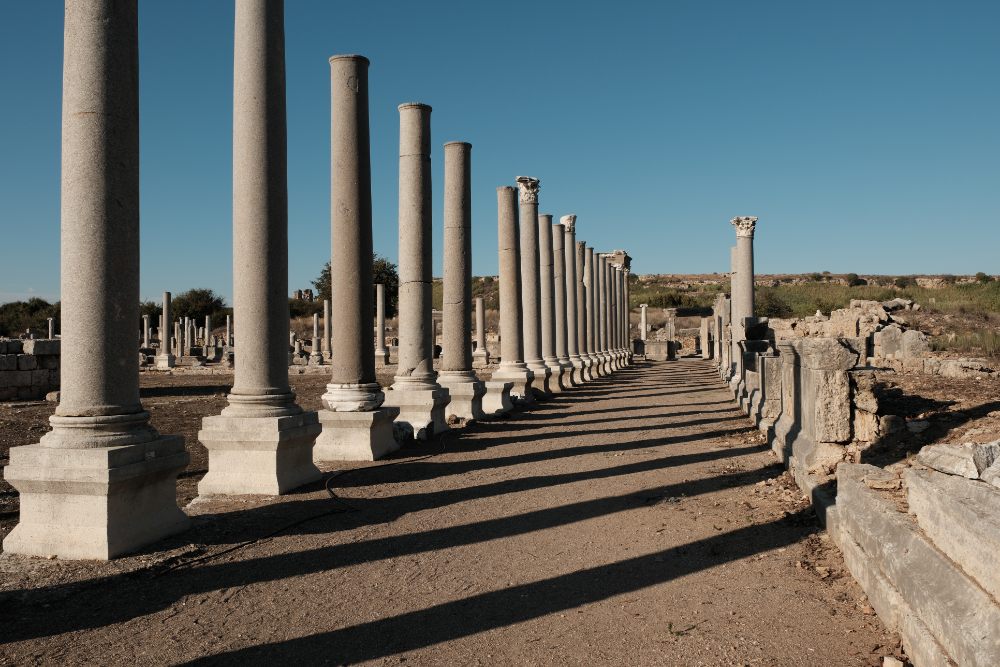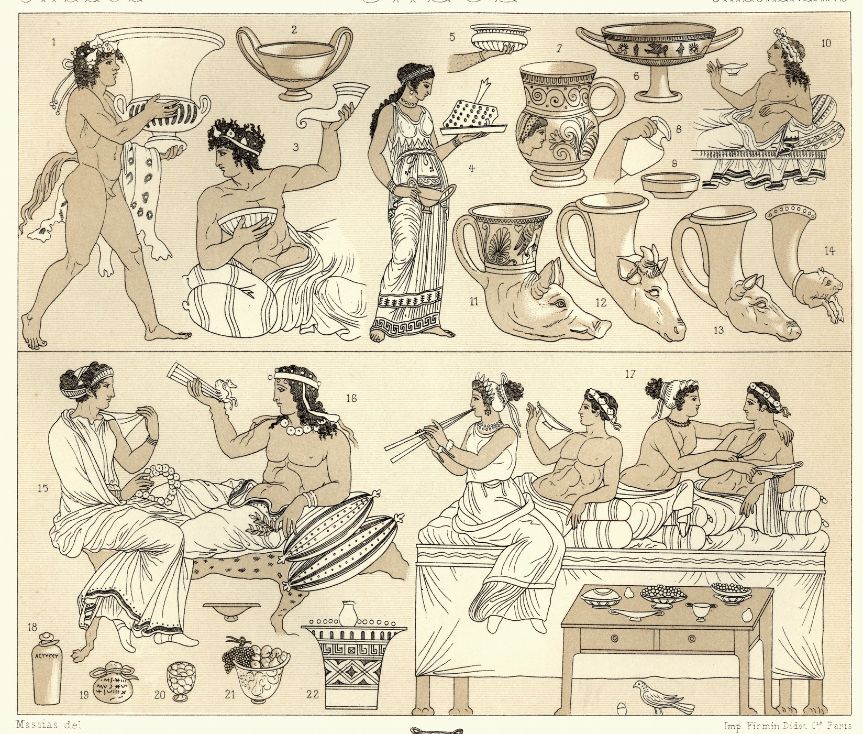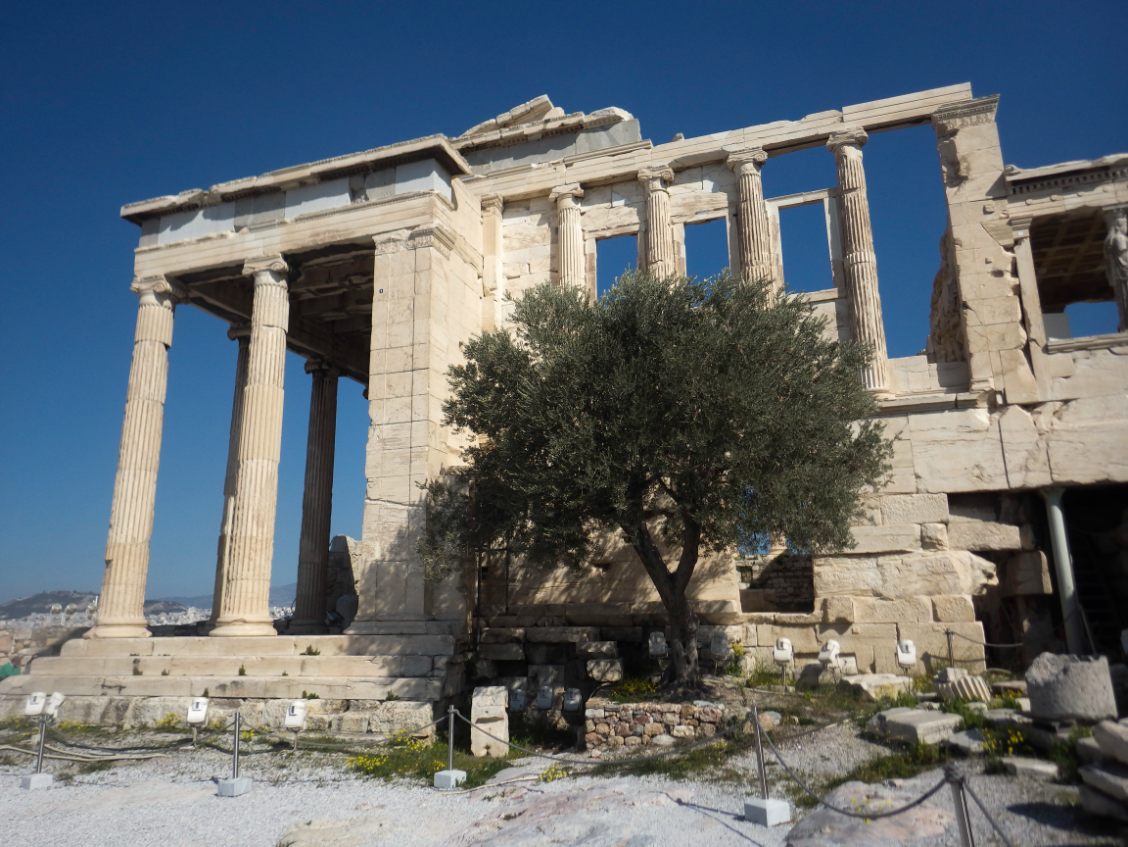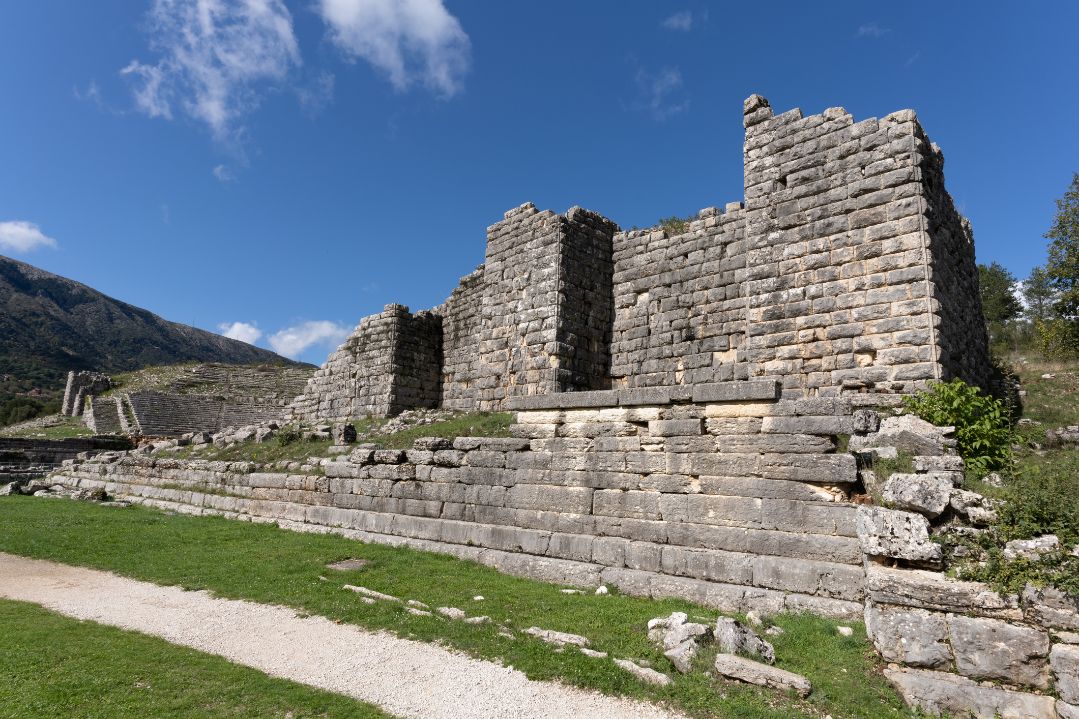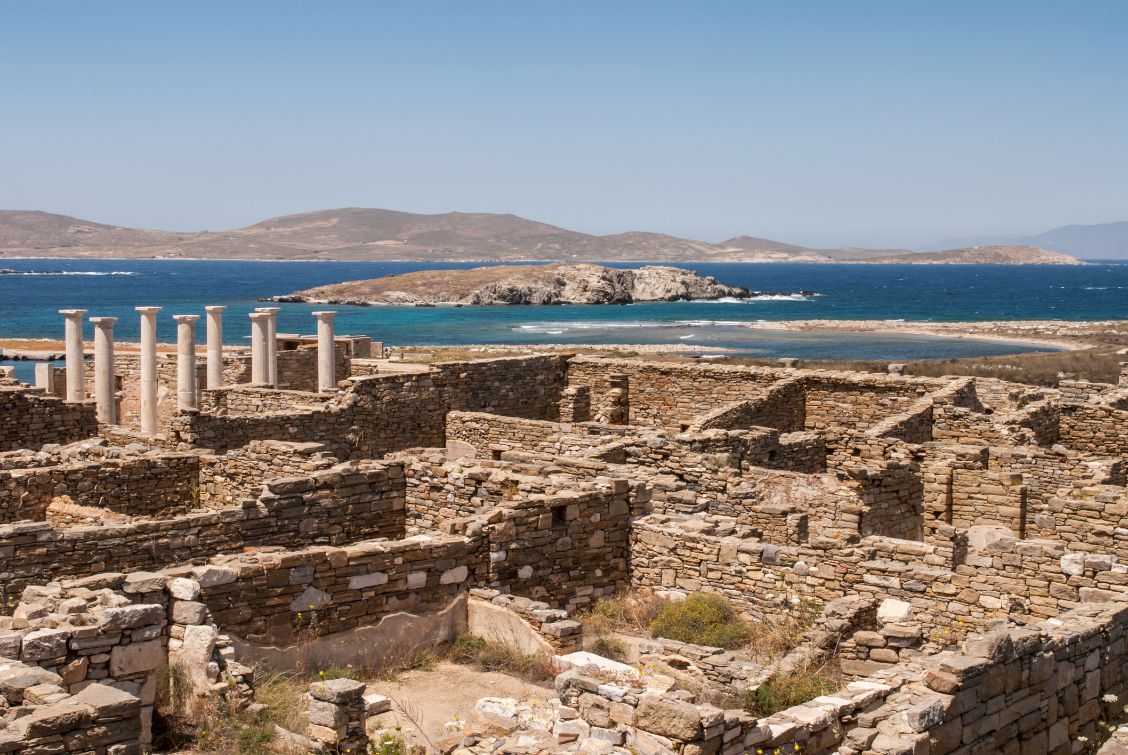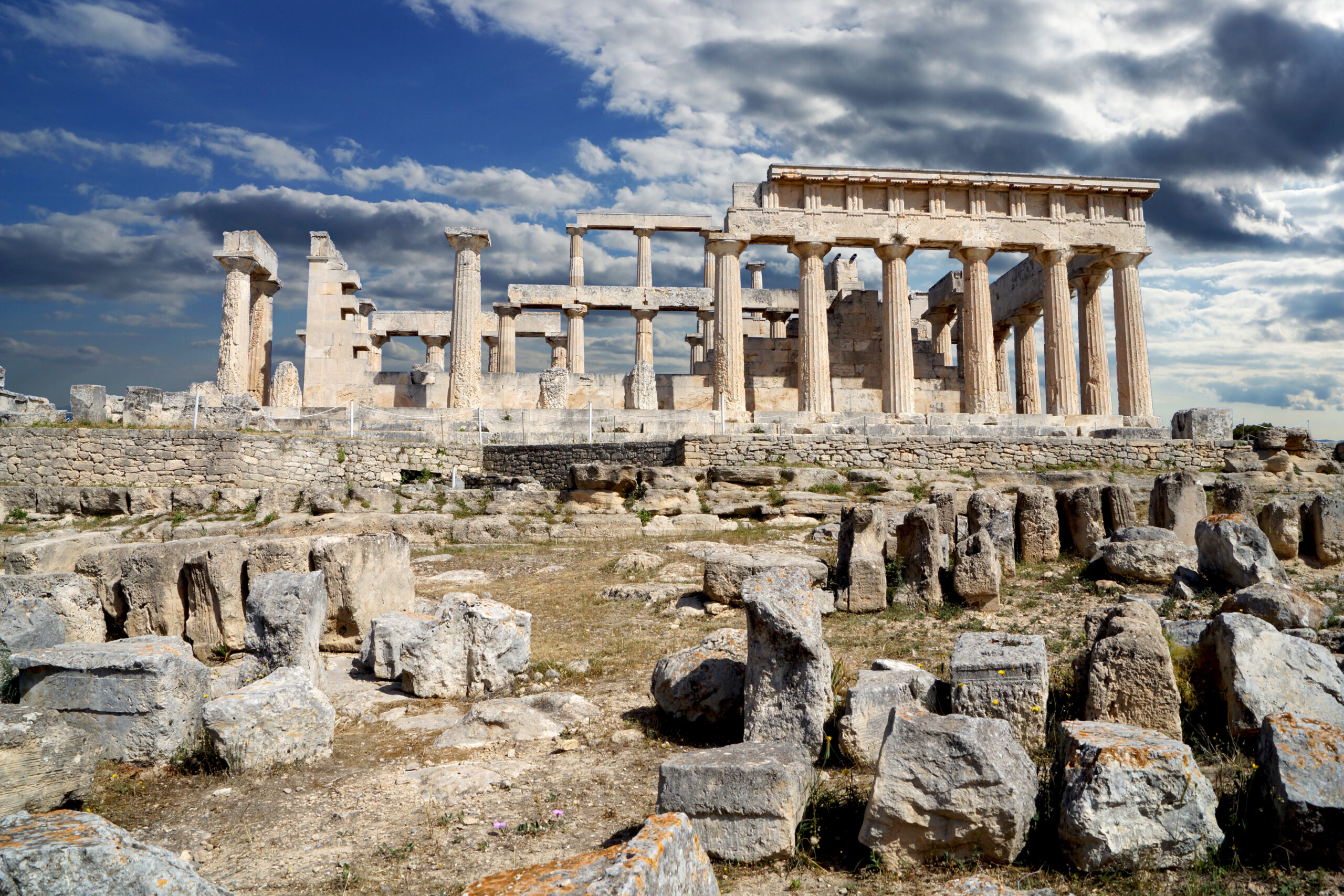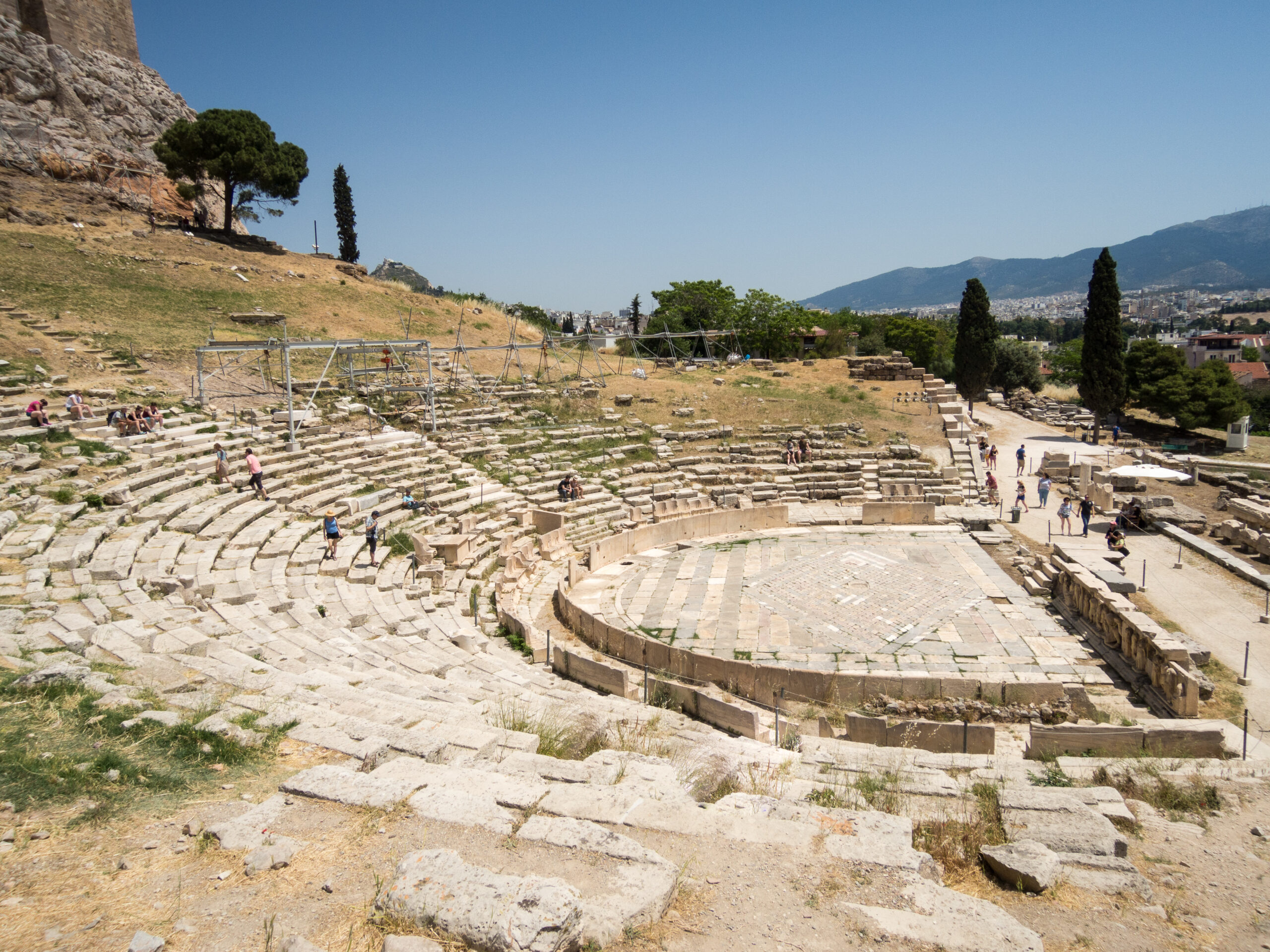The Mysteries of the Delphi Oracle
The Oracle of Delphi, one of the most revered sites in ancient Greece, was considered the center of the world by the Greeks and synonymous with prophecy and divine wisdom. Nestled on the slopes of Mount Parnassus, Delphi was dedicated to Apollo, the Greek god of music, arts, and prophecy, and it functioned from the 8th century BCE until approximately the 4th century CE, making it a vital religious and cultural hub for centuries.
Pilgrims from across the Greek world journeyed to Delphi seeking guidance and insights into their futures. At the heart of the oracle’s function was the Pythia, a priestess who entered a trance-like state, believed to be induced by vapors rising from a fissure in the earth. In this ecstatic state, she would utter cryptic prophecies, often interpreted by priests who framed her words into coherent advice for the inquirer. The symbolism of her messages, while sometimes vague, encouraged personal introspection alongside divine consultation. Delphi also hosted the Delphic Games, akin to the Olympic Games, further solidifying its cultural significance.
The sanctuary was adorned with stunning temples, treasuries, and monumental statues, reflecting the wealth and devotion of city-states to the oracle. The legacy of the Oracle of Delphi endures as a symbol of the ancient quest for knowledge and understanding, offering a fascinating glimpse into the intersection of religion, politics, and culture in ancient Greece.


